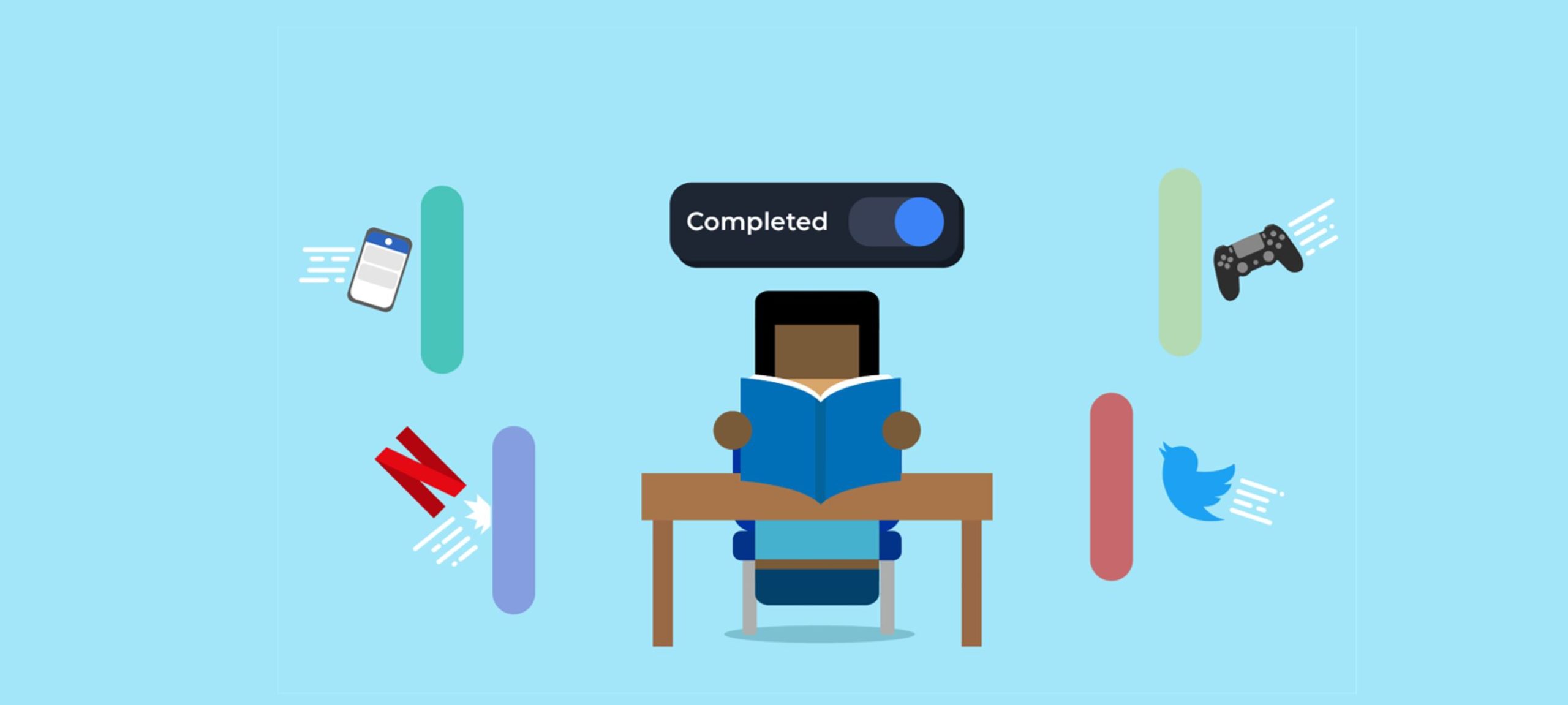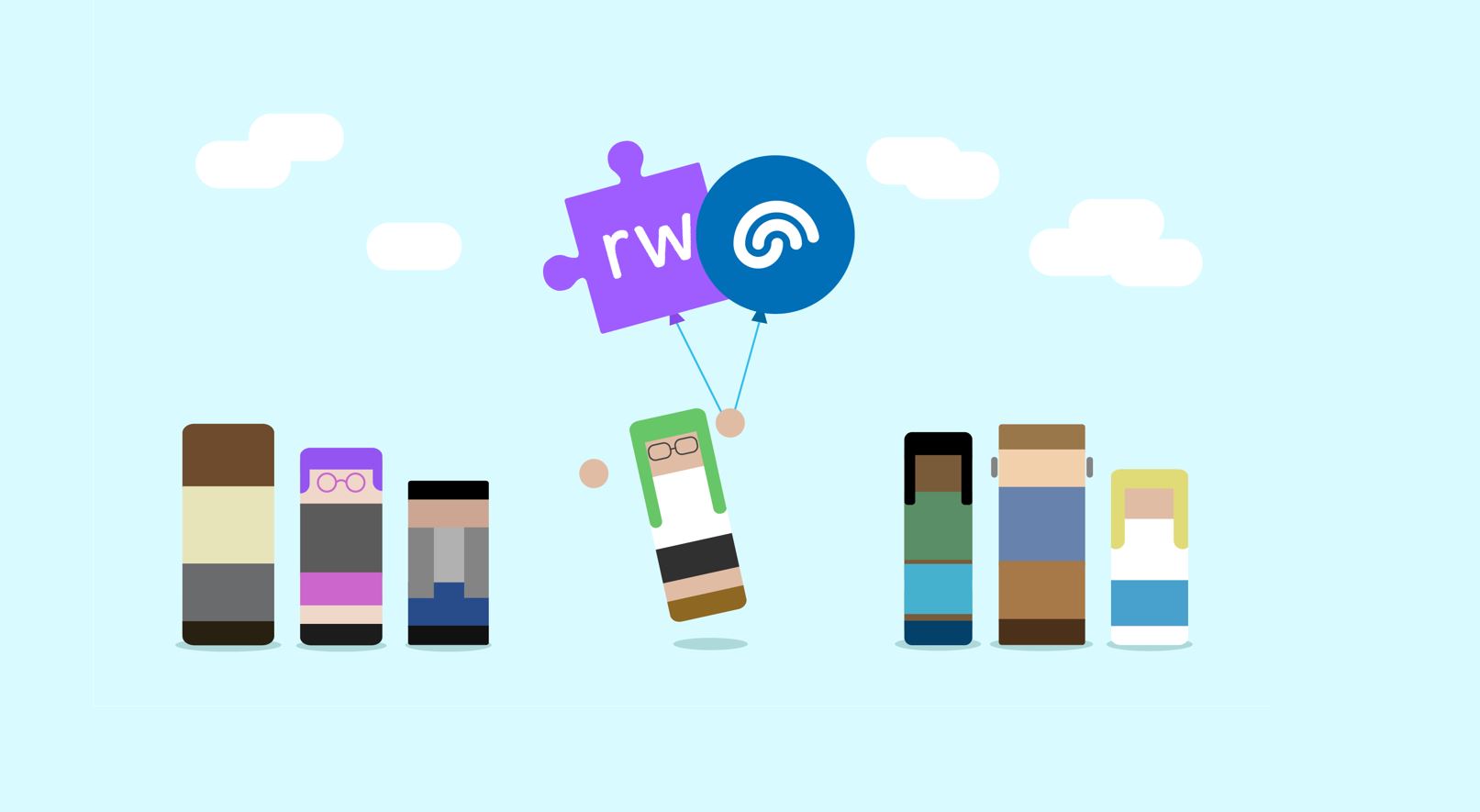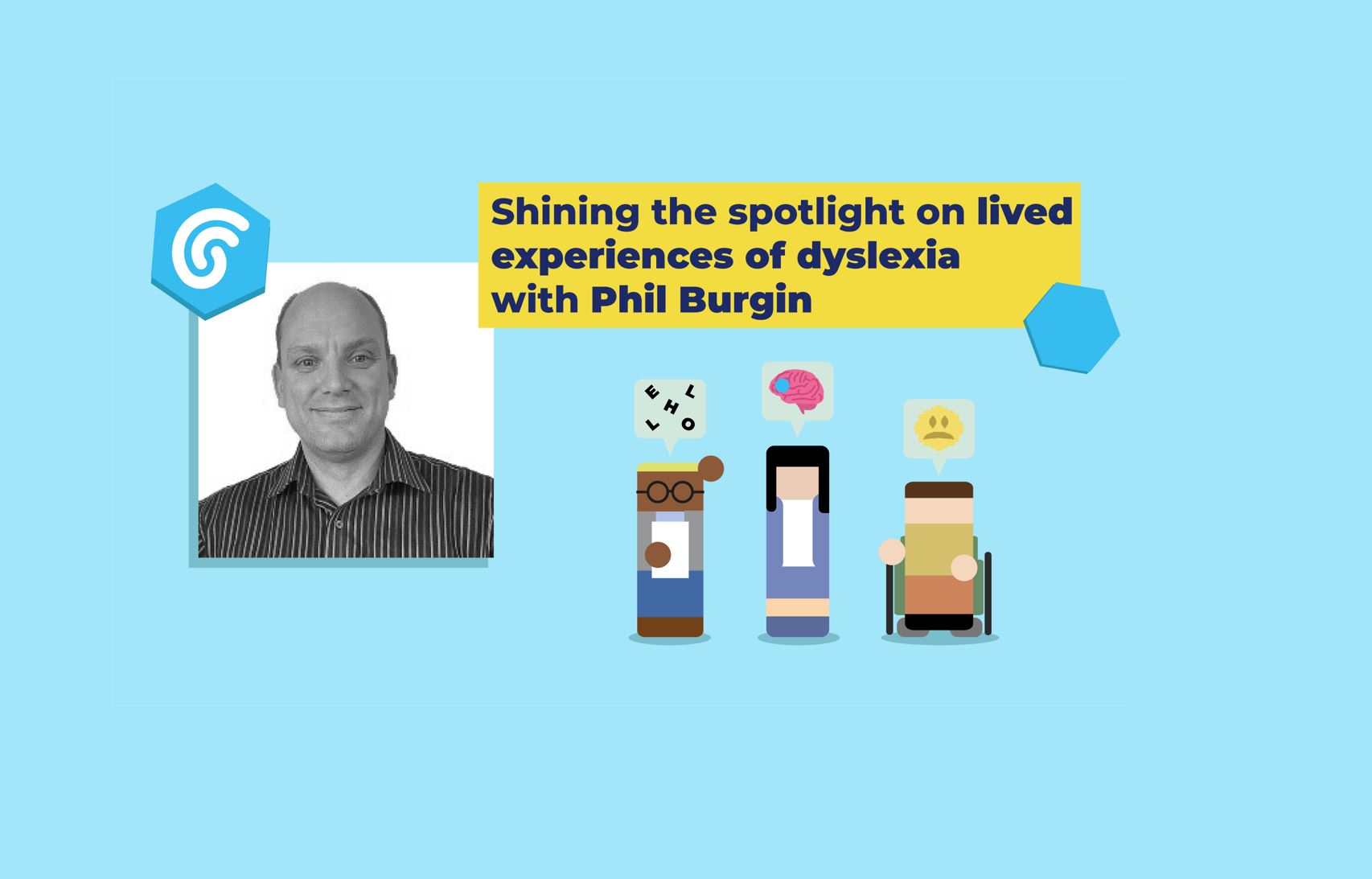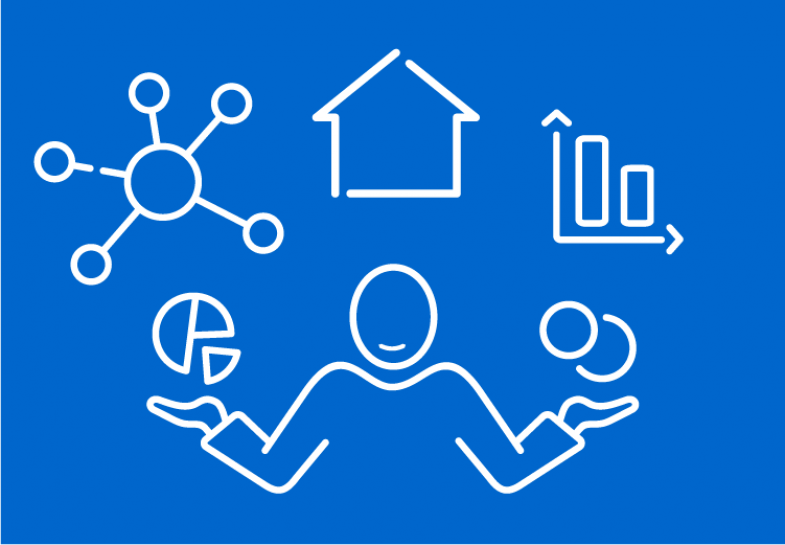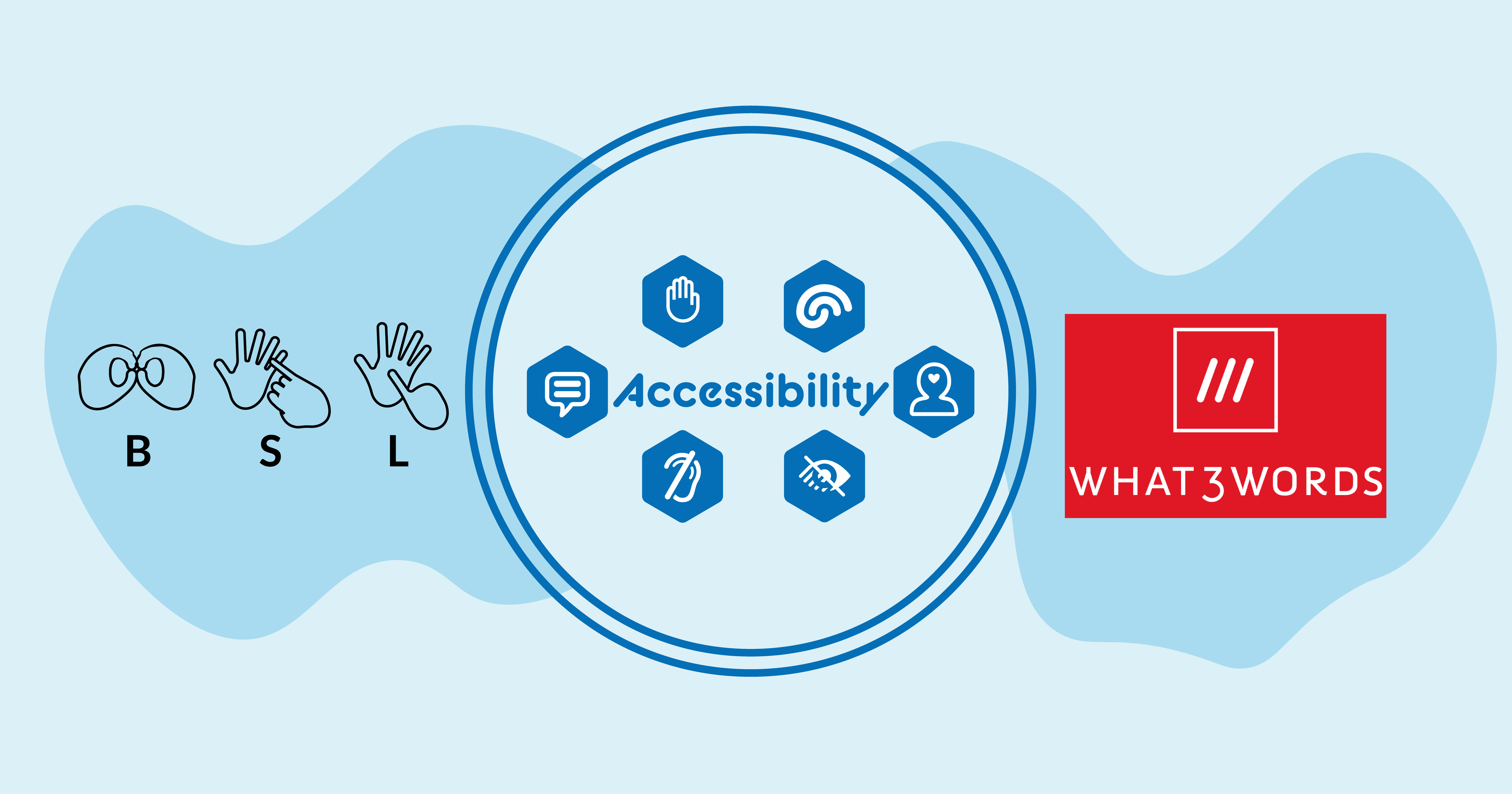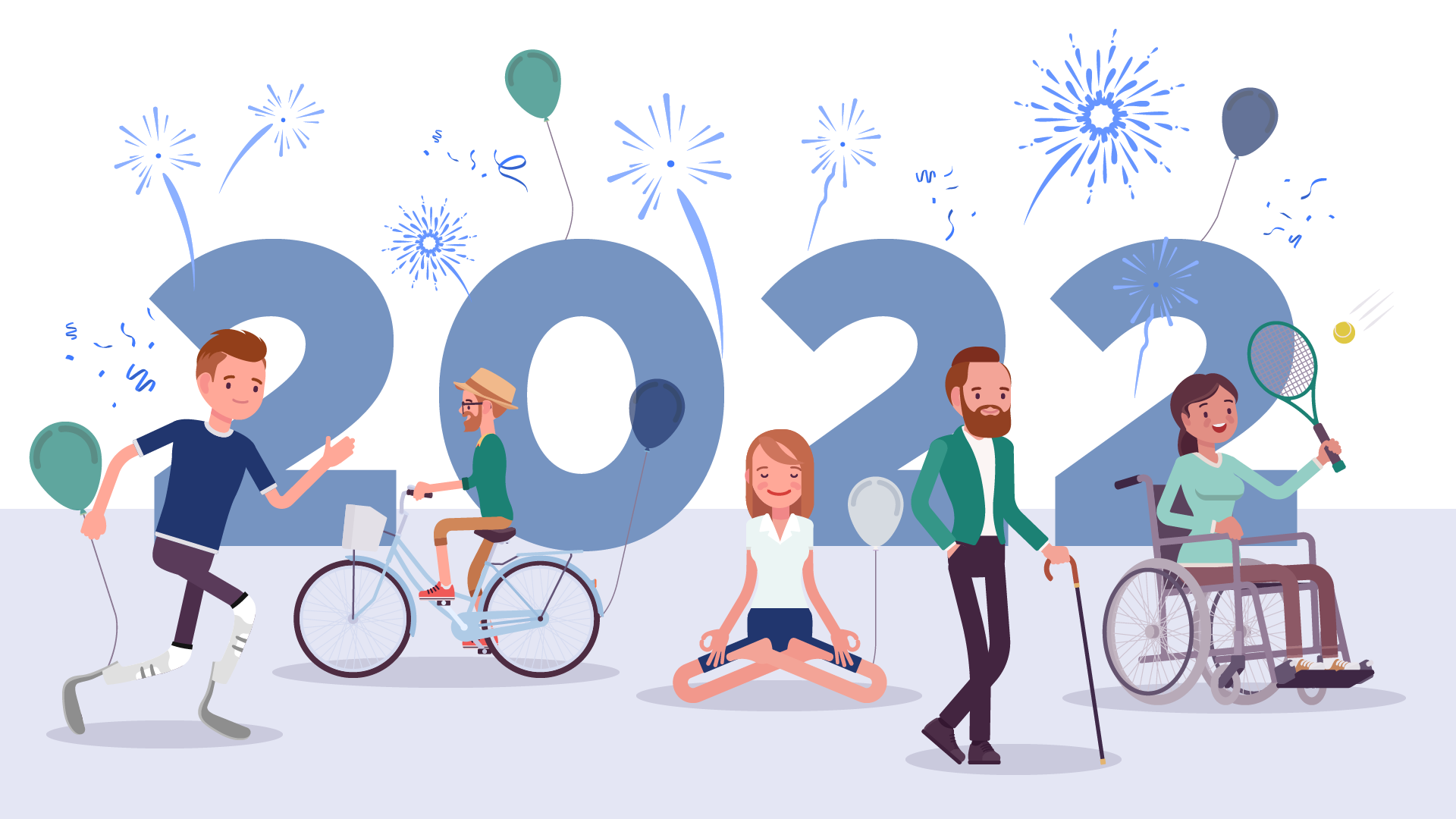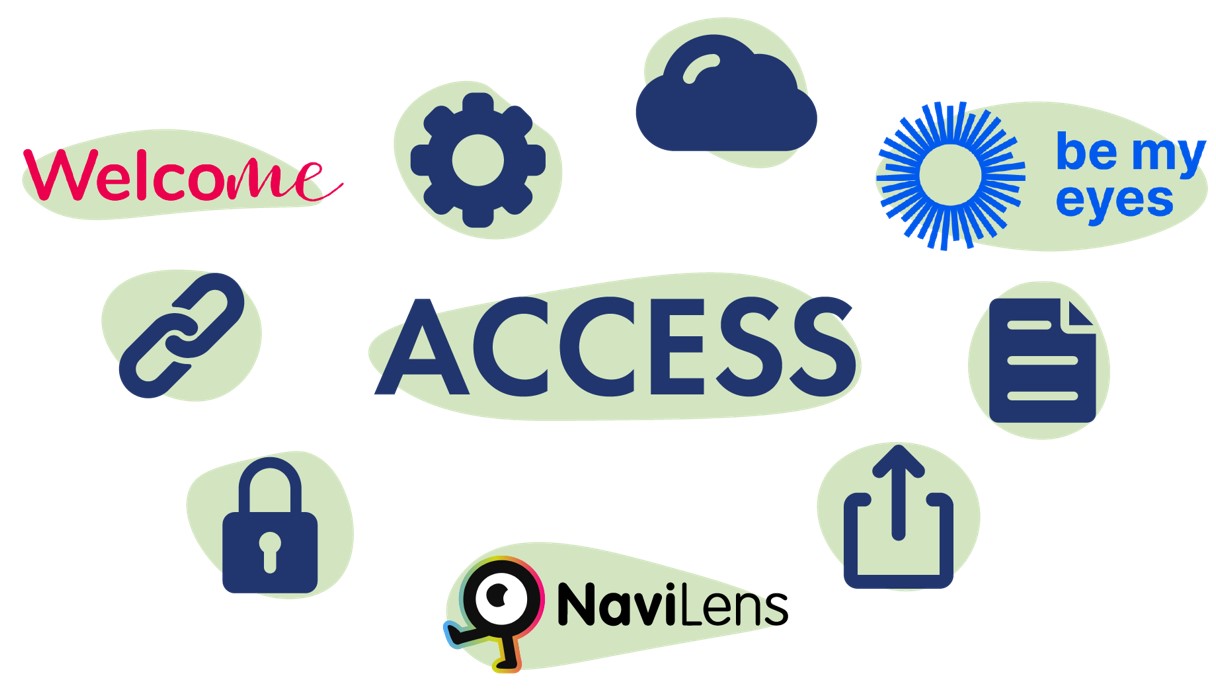How the 2021 summer of sport showed the Six Domains of Mental WellnessTM in action
After the false start to 2020’s sporting calendar one thing I’ve enjoyed this summer is the return of sporting events such as Wimbledon, the Euros and, of course, the Summer Olympic and Paralympic games. Athletes had to learn to navigate disrupted training due to the pandemic with swimming pools, gyms and cycle tracks closing for unknown amounts of time, it was fantastic to see the athletes doing what they do best, often in front of a global audience.
The most important take-away that we gained from the 2021 summer of sport has to be the open discussion around mental health amongst the athletes and how this is just as important as their physical health. US gymnast, Simone Biles, pulled out of the Olympic all-round final to prioritise her mental health, Japanese tennis player, Naomi Osaka, withdrew from the French Open earlier in the year and decided not to compete in Wimbledon to preserve her mental health. In July England cricketer, Ben Stokes, decided to take an indefinite break from all cricket with immediate effect to prioritise his mental wellbeing.
At Learning Labs we are lucky enough to have access to a mental wellness portal which enables us to learn about mental wellness then assess and develop our own mental wellness. The portal is based on our very own unique concept called the Six Domain of Mental WellnessTM. It was while I was seeing the coverage of athletes opening up about their mental wellness that I realised I was seeing real-life examples of, at least, two of our six domains in action.
Your Social Wellness Domain in action
One of the drivers behind the social mental wellness domain is community. Having a community available to support you when you need it can have a positive impact on your mental wellbeing. During the pandemic, when many people were experiencing difficulties maintaining their mental wellness, communities came together to help each other whether that be checking on people living alone to prevent feeling lonely or shopping for elderly or shielding neighbours. When she was unable to train due to gym closures, Canadian Paralympic wheelchair basketballer, Arinn Young’s, local community worked together to find weight room equipment and space for her to practice. However, a community is not limited to your immediate geographical community. It can be a community of people who share the same interest e.g. football fans, an online community such as a forum or Facebook group or people who share the same profession. During the pandemic many people’s perception of community would has changed. Due to lockdowns many people turned to the online world to find their community.
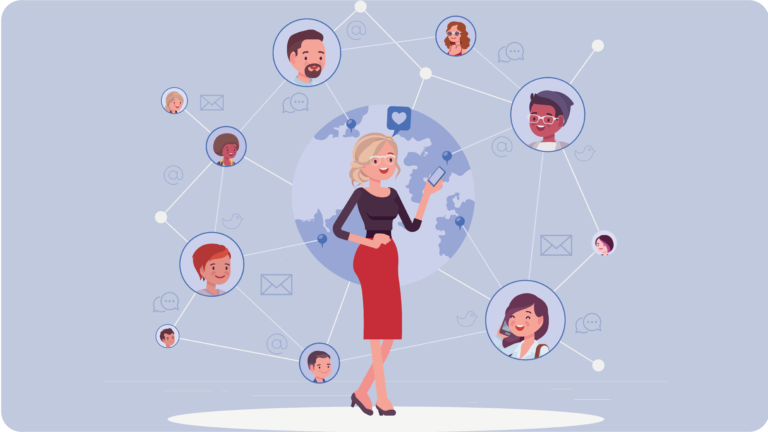
When Simone Biles announced her break to concentrate on her mental wellbeing she received an outpouring of support. Simone tweeted “the outpouring love & support I’ve received has made me realize I’m more than my accomplishments and gymnastics which I never truly believed before.” Via twitter, Simone was receiving support from her online community. People from all corners of the globe were helping her maintain her Social Wellness. She also received support from a different community, other professional athletes – people who shared her profession. Her fellow team USA gymnasts offered support as well as former Olympic figure skater, Adam Rippon, British gymnast Max Whitlock and Manchester United midfielder Paul Pogba, just to name a few.
Your Motivational Wellness domain in action
Autonomy is one of the drivers for the Motivational Wellness. This is the ability to act on personal values and interests and therefore feel in control of your behaviour and decision making. When Naomi Osaka made the decision to withdraw from the French Open she was doing just this. She was aware that press conferences were affecting her mental wellness so she acted on her personal values and interests and decided to remove herself, temporarily, from the situation. Over the last few months any interviews she has conducted with journalists have been via email. Earlier this year British Paralympic swimmer, Hannah Russel MBE, talked openly about her break in 2019 after she was diagnosed with anxiety and depression. She said “For me, taking out a little bit of time was really, really important for me and my mental health. I realised how much I missed my swimming”.
Within the Motivational Domain you can learn about intrinsic and extrinsic motivation. It goes into a lot more detail than this but in a nutshell extrinsic motivation focuses on behaviours driven by external rewards such as money or praise and intrinsic motivation focuses on behaviours driven by personal values and interests. It is safe to say that when Naomi decided to withdraw from the French Open she was acting on her intrinsic motivation as not only was her decision met by many unjust negative comments but she also got fined $15,000 by the heads of the French Open.
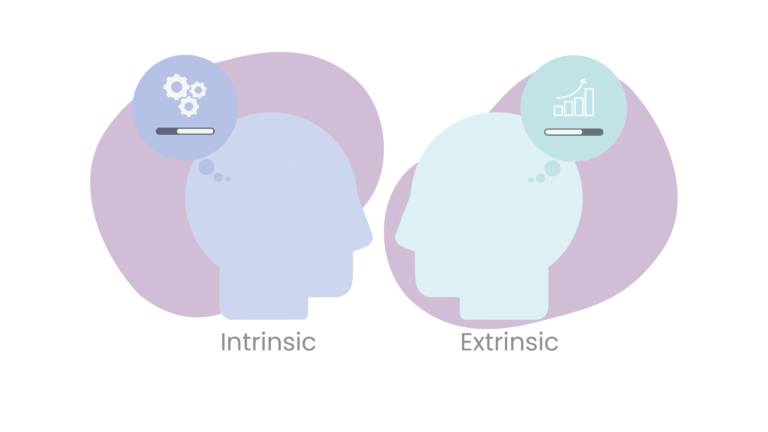
Naomi’s decision was driven by her intrinsic motivation, which in this instance outweighed the external motivation to compete. Occasionally we need to weight up the pros and cons of each motivator and follow the motivation that leads to the most positive outcome for our mental health.
What do you think?
A survey found that 40% of men won’t talk about their mental health so, the fact that male athletes like Ben Stokes, who has 964,200 followers on twitter, are putting conversations around their mental health into the mainstream is certainly a step forward. But where do we go next? Now that mental health conversations are taking place it’s important we act on these conversations and ensure mental wellness support is available from school through further and higher education and into the workplace and beyond. Only then will we see the topic of mental health truly normalised.
As always, I’d love to hear from you. Are there any other notable individuals you’ve seen recently speak out about their mental wellness – they don’t have to be a professional athlete. Also, do not hesitate to contact me if you’d like a demo of the new Learning Labs mental wellness portal to see how it could benefit your students, employees or future Olympians.
Other blog articles


